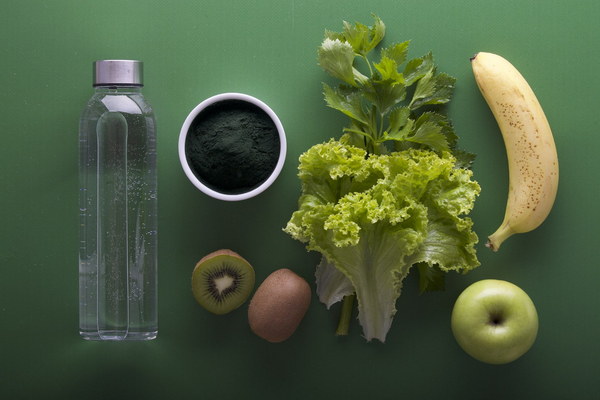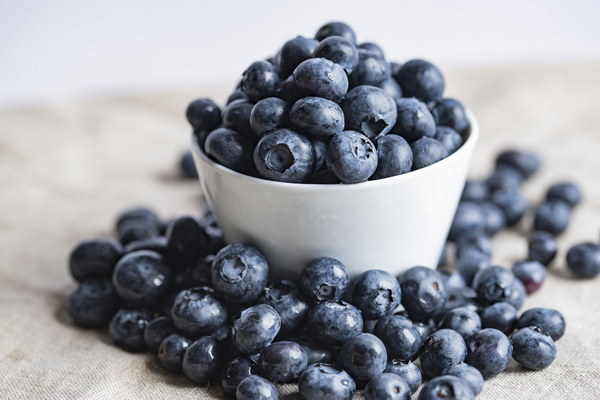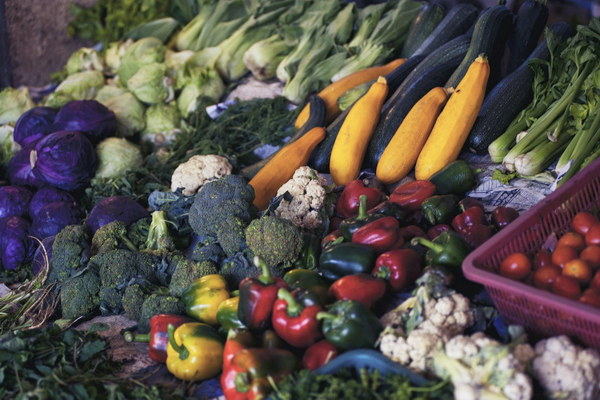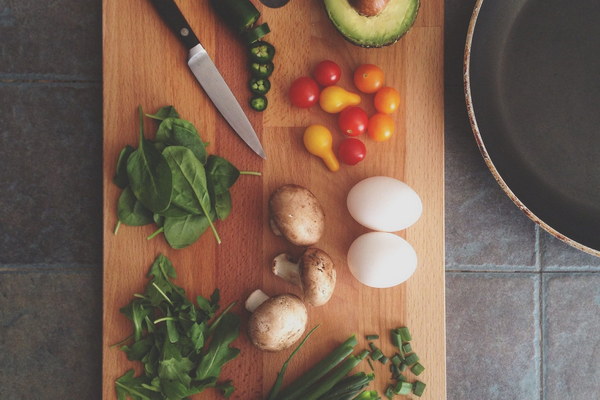Nourishing Your Kidneys A Diet Plan to Counteract Kidney Damage from Psychiatric Medications
Introduction:
Psychiatric medications are crucial for managing various mental health conditions. However, these medications can sometimes lead to kidney damage, a condition known as nephrotoxicity. To counteract this adverse effect, incorporating a kidney-friendly diet can help alleviate kidney stress and promote overall health. This article will provide a comprehensive diet plan to nourish your kidneys and support their recovery from the side effects of psychiatric medications.
1. Increase Fluid Intake:
Drinking plenty of fluids is essential for kidney health. Water helps flush out toxins and waste products from the kidneys. Aim to consume at least 8-10 glasses of water per day, or more if you are active or live in a hot climate.
2. Limit Sodium Intake:
Excess sodium can lead to fluid retention and increase blood pressure, putting extra strain on the kidneys. Reduce your sodium intake by avoiding processed and packaged foods, using herbs and spices for flavor, and cooking your meals at home.
3. Choose Lean Protein Sources:
Protein is important for kidney function, but excessive protein intake can be harmful. Opt for lean protein sources such as chicken, turkey, fish, tofu, and legumes. Limit red meat and high-fat dairy products, as they can contribute to kidney damage.
4. Consume Foods High in Potassium:
Potassium helps maintain proper fluid balance and kidney function. Include potassium-rich foods like bananas, oranges, avocados, potatoes, and leafy green vegetables in your diet. However, be cautious if you have kidney disease, as excessive potassium can be harmful. Consult with your healthcare provider for the appropriate potassium intake.
5. Incorporate Antioxidant-Rich Foods:

Antioxidants help protect the kidneys from oxidative stress and damage. Include a variety of fruits and vegetables, such as berries, spinach, kale, and carrots, in your diet. These foods contain vitamins C and E, as well as other antioxidants that can support kidney health.
6. Limit Phosphorus Intake:
Psychiatric medications can increase phosphorus levels in the blood, which can lead to kidney damage. Limit phosphorus-rich foods like dairy products, processed meats, and carbonated beverages. Choose low-phosphorus alternatives, such as almond milk, lean meats, and fruits.
7. Eat Foods High in Omega-3 Fatty Acids:
Omega-3 fatty acids have anti-inflammatory properties that can help reduce kidney damage. Include foods rich in omega-3s, such as fatty fish (salmon, mackerel, and sardines), flaxseeds, chia seeds, and walnuts, in your diet.
8. Maintain a Balanced Diet:
Ensure a balanced intake of vitamins and minerals by consuming a wide variety of fruits, vegetables, whole grains, and healthy fats. A well-rounded diet can support overall kidney health and reduce the risk of further damage.
9. Limit Caffeine and Alcohol Intake:
Both caffeine and alcohol can put additional stress on the kidneys. Limit your consumption of these substances to reduce the risk of kidney damage.
Conclusion:
Following a kidney-friendly diet can help alleviate kidney stress and support recovery from the side effects of psychiatric medications. By incorporating these healthy eating habits into your daily routine, you can promote kidney health and improve your overall well-being. Remember to consult with your healthcare provider or a registered dietitian for personalized dietary recommendations based on your specific health needs.









